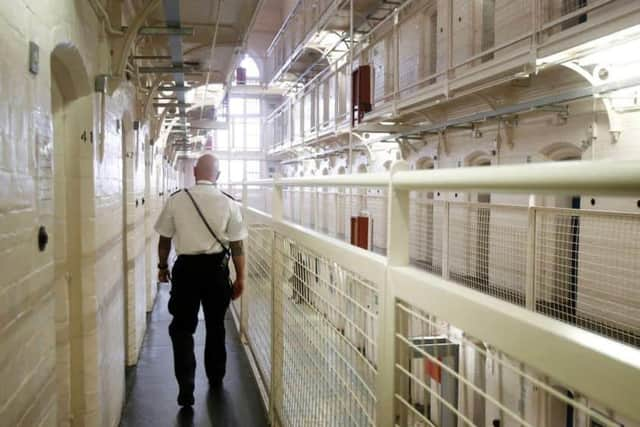Prosecutors raise 'significant issues' with key part of planned bail overhaul
New legislation would require courts only to refuse bail to an accused person in the interests of public safety or if their release pending trial would present a "significant risk of prejudice to the interests of justice".
The Bail and Release from Custody (Scotland) Bill aims to ensure the use of custody for remand is a last resort.
Advertisement
Hide AdAdvertisement
Hide AdHowever, the Crown Office and Procurator Fiscal Service said it is not clear how “public safety” would be defined, and raised the example of someone accused of housebreaking. This is “primarily a charge of dishonesty”, it said, but it may also impact on public safety.


In written evidence submitted to Holyrood's criminal justice committee, it said the new bill is being introduced “at a critical time”, adding: “Court backlogs, exacerbated by the coronavirus pandemic, have led to an increase in case journey times and a resultant increase in the length of pre-trial remand periods.”
But it said public safety “is neither a self-explanatory concept nor a concept that the criminal courts have significant experience adjudicating”.
The Crown Office told MSPs: “In the absence of a statutory definition of ‘the interests of public safety’, it is likely that prosecutors, defence practitioners, officers of the local authority, and in turn courts, will experience significant issues in defining same.”
It said the concept is easily understood when it relates to allegations of violence. But it added: “It is less clear, however, whether an accused person with a history of dishonesty, including theft by domestic housebreaking, who engages in further alleged housebreaking, perhaps at commercial premises, can be said to pose a risk to public safety.
"Theft by housebreaking is primarily a charge of dishonesty. Nevertheless, the security of a property may have been overcome in circumstances where it was unknown whether an occupier was within. Such a danger is a harm which the public may, in appropriate circumstances, expect protection from and which they may regard as impacting on public safety.
“In such an example, the accused person may also have a history of failing to appear at court diets and for offending whilst on bail. However, these factors, at least as they relate to summary proceedings, would not be relevant in the absence of factors related to public safety.
“Without the concept of ‘public safety’ being properly defined there is a risk that prosecutors, and in turn courts, cannot satisfy themselves that opposition to bail is competent, in the circumstances of a case.”
Advertisement
Hide AdAdvertisement
Hide AdThe Crown Office continued: “There are significant issues in failing to define ‘public safety’ and understanding its scope.”
It also said there may be circumstances in which there is clear information an accused person is a flight risk or has a history of breaching bail orders or offending while on bail.
A Scottish Government spokeswoman said: “Public safety is contained within the existing bail law and the proposed new bail test currently uses the simple, every day meaning of the words ‘public safety’ rather than providing a statutory definition.
“However, the Scottish Government will consider carefully any specific feedback offered during the stage 1 parliamentary process on how the bill could be even more effective including in tackling the issue of the high number of remand prisoners; an issue that all parties have highlighted.”
